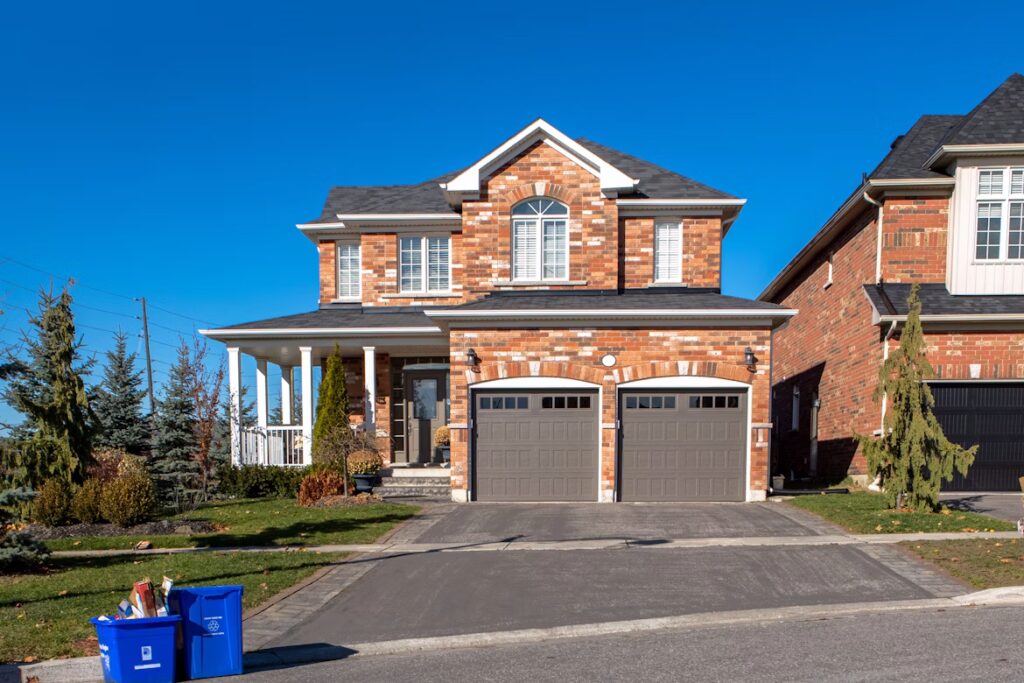
Pests can jeopardize property sales negotiations. They can damage building materials, suggest gaps in the house, and create an impression of poor sanitation. Serious buyers can use these unwanted tiny occupants to negotiate a lower price. Rodents, creepy crawlers and flying insects can be a revolting sight, prompting interested parties to back out and causing listings to stay longer on the market than they should.
Keeping vacant properties pest-free is challenging but possible. Learn how to make your listings unattractive to destructive and nuisance critters.
Book a Pest Removal Service Provider
Foul smells, urine trails, droppings, weird sounds, gnaw marks, egg casings, skin sheds and detached wings are signs of pest infestation. Remediation is essential to eradicate vermin for good, but think twice before doing it yourself.
Although DIY pest remediation is budget-friendly, it may not get the job done correctly. Kicking the adult interlopers out of the house while failing to get rid of the eggs or pups sets the stage for future infestations.
Leaving the task to experienced professionals is worthwhile. Pest remediation specialists have the knowledge and tools to identify the type of infestation and determine what drew wildlife into the house in the first place. Pest control experts can recommend the safest and most effective treatment to exterminate the critters.
Control Moisture Levels
Many pests gravitate toward damp environments to stay hydrated and find desirable breeding grounds. Vacant properties with unchecked humidity levels lure uninvited guests, so keep indoor air dry consistently.
The ideal relative humidity level for pest control is 30% to 50%, creating low-moisture conditions detrimental to insect or rodent survival and reproduction. Run and program the HVAC system to maintain the property’s indoor climate within this range. Use dehumidifiers to remove excess water from the air in areas the air conditioner doesn’t reach.
Be mindful of water usage. The air becomes wet when water evaporates, contributing to indoor humidity. Surfaces are bound to be damp after every house viewing appointment since prospective buyers generally want to see all plumbing fixtures working. Dry all areas before leaving.
Test Backup Power Regularly
Outages, planned or unscheduled, can sabotage your pest control efforts. The HVAC equipment must continue to operate during periods of power interruption, especially during the day.
Turn off the main breaker to simulate an outage and see how a solar-powered backup system or whole-house generator responds. Alternatively, use the equipment’s test feature.
Clean Off Food Scraps
Serving food at open houses makes viewers feel at home. However, pastry crumbs, juices from fresh fruit platters, vegetable leftovers, uneaten sandwiches and spills from sugary beverages are an irresistible buffet for various animals.
Clean up after every open house. Go beyond the kitchen, as guests might snack while walking around the house. Animals can still sense food inside trash bags, so take out the garbage to keep vermin outside.
Although a nearly empty space is easier to clean than a fully furnished house, the workload can still be overwhelming for a single person. Consider hiring professionals for basic cleaning to ensure every inch of your listings is spotless.
Ensure Everything Is Airtight
Gaps around exterior doors and windows serve as entry and exit points for insects seeking food and shelter. Many pests colonize unconditioned spaces because they’re prone to temperature fluctuations and can become muggy.
If your garage isn’t climate-controlled, inspect its features for any evidence of damage. Tiny bugs like termites fit through small holes, so don’t take any damage for granted. The section where the siding meets the ground is another common weak point, as cracks often develop.
Proceed to conditioned spaces around the house. Check exterior doors and windows for structural defects. Sagging and warping compromise their airtight seal, making them leaky and vulnerable to pest invasion.
Weatherproofing exterior doors and windows doesn’t merit professional attention, but more severe cases of damage do. Some property sellers hesitate to use home improvement contractors for minor repairs to cut costs and maximize profit. However, explaining their usefulness for pest control can convince your clients that it’s worth the expense.
Use Aromatic Plants as Repellents
The fragrant scents of aromatic plants are pleasant to humans but overwhelming to insects. Mint varieties, marigolds, rosemary, thyme, basil, lavender and citronella are excellent examples.
Decorate with potted aromatic plants to make your listings look lively to guests and unbearable to nuisance critters. Display them strategically around the property to create a pest-free bubble.
Choose herbs that can survive in an air-conditioned environment with partial shade. Peppermint is a good candidate, as it can grow at 55 degrees Fahrenheit in drier soil since the temperature is on the colder side.
If your clients don’t want indoor greenery, use cotton balls instead. Soak them in essential oils that bugs can’t stand and place them at entry points. You can remove these repellents before viewing sessions to hide them from potential buyers.
Keep Vacant Listings Pest-Free
The presence of any pest can be a deal-breaker. Follow these tips to force out vermin and discourage them from coming back. These recommended measures may cost money, but you can recoup the expenses by keeping your listings’ perceived value high during negotiation.
Jack Shaw is a freelance writer and senior writer at Modded.com, with bylines in Realty Times, Industry Standard Design, and more. follow Jackshaw @ LinkedIn
For more property insights, visit our Real Estate Innovation section.
For more insights on innovative property tips, explore our guide on 5 Hotel Lobby Designs That Prove Guest Spending Without Saying a Word.





